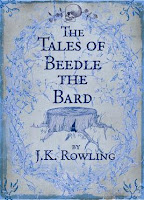Salvaging Atheism from Crypto Theists
I encourage you to read my prior post on atheism . Here's a thought experiment for you. Imagine 100 crore individuals flip a coin. Only participants flipping heads move to the next round. The probability of flipping heads or tails is 50%. So, in our experiment, half a billion people would flip tails and leave the game. The game continues up to the 29 th or the 30 th round where we are left with just two players. And finally emerges our winner, from among a billion, who flipped heads in all 30 attempts. Wow! What is at play here? Grace or probability? Let’s tweak the rules of the game to have the last man standing beheaded. You would probably hear the lament, ‘Of all people, why me?’ Statistical probability, nothing else. This thought experiment checks the innocent tendency of human mind to celebrate a certain turn of events in the universe as incontestable signs of Supreme Intelligence or Providence. Among the billion minus one chances of the universe remaining lifeless, life w...




